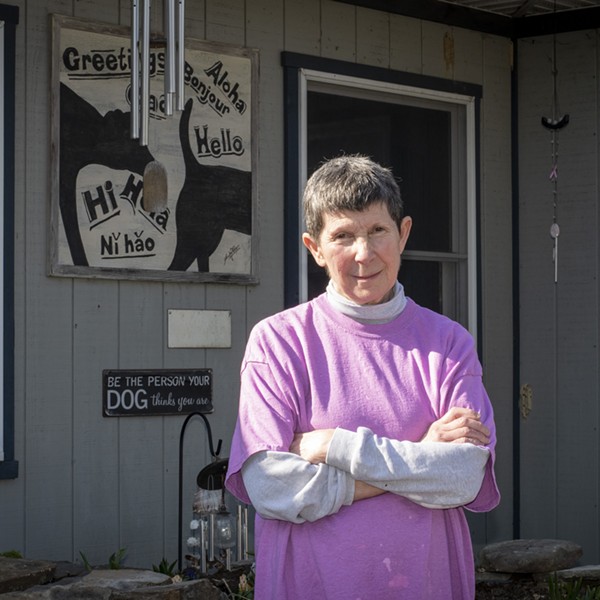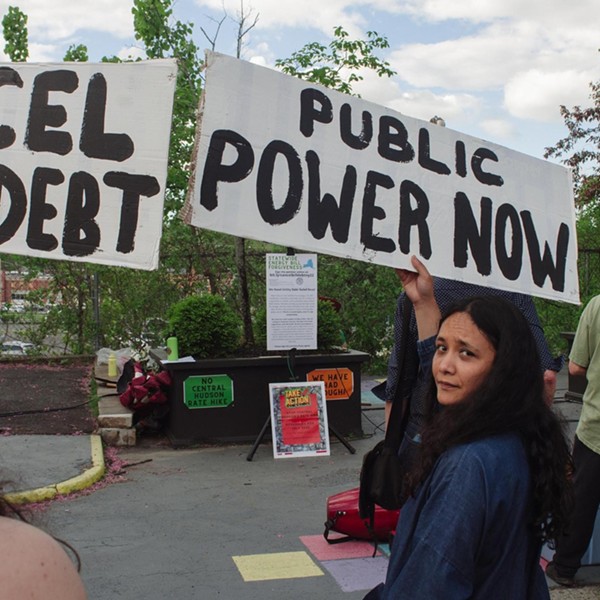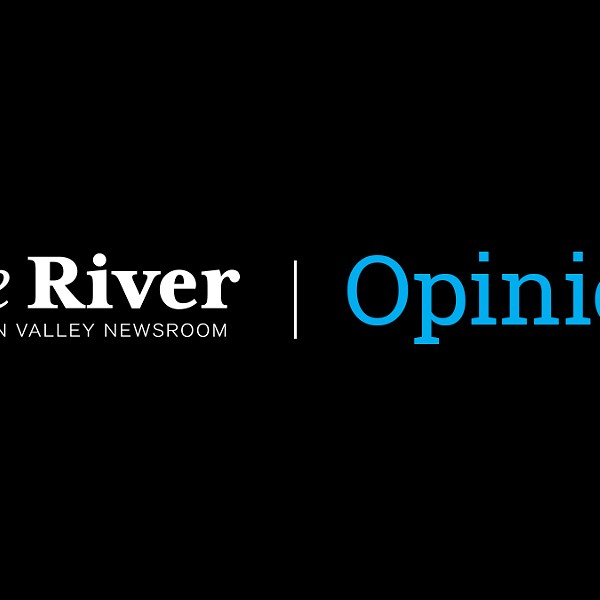To say that people are fed up with Central Hudson is an understatement. In response to massive public outrage and pressure from State Senator James Skoufis (District 39) and Assemblymembers Kevin Cahill (District 103) and Didi Barrett (District 106), the Public Service Commission (PSC) opened proceeding 22-00666, where Central Hudson customers can register their complaints about billing errors.
As of this writing, the site had 3,774 comments, and they make for disturbing reading. “Please help,” reads one. “We have [a] young child and [are] really worried we have no money to buy food and pay.” Another ratepayer complains, “I spent 2 hours on hold trying to talk to someone only to be hung up on. They need to be held accountable and to provide real costs to consumers. I believe an investigation is needed. Thank you.”
What is going on? Clearly, something is amiss.
Currently, there are several investigations underway.
• The Senate Committee on Investigations & Government Operations, which Skoufis chairs, has opened a formal statewide investigation into the “outrageous surge pricing and billing practices of utility companies and power producers. Document and information requests will soon be sent to Central Hudson, Orange & Rockland, ConEd, power suppliers, and state stakeholders (including the PSC), under threat of subpoena.” This investigation will also examine Central Hudson’s wildly unpredictable estimated bills.
• The PSC is conducting its own investigation. A March 16, 2022 press release from the PSC confirmed that there was a “Central Hudson Audit, Storm Response and Billing Review” underway. The investigation, which began as a routine review in December 2021 (case 21-M-0541), is being conducted by Kansas-based Overland Consulting. It should deliver a draft report in October and a final report in December, 2022.
The report is slated to include a review of the company’s “information systems planning and implementation, improvements in electric load forecasting processes to support grid modernization and Climate Leadership and Community Protection Act goals, and elements of pipeline safety including leak prone pipe replacement, contractor oversight, and coordination with municipalities.”
According to the order appointing Overland Consulting, the audit is to cost no more than $714,150, to be paid by the utility—in other words, by Central Hudson ratepayers—unless something changes.
• The PSC is conducting a second investigation into Central Hudson’s response to ice storm Norman in February (case 22-00497).
• Finally, State Senator Michelle Hinchey has introduced a bill (S7579, A8806), to investigate and reform the estimated billing practices of Central Hudson and other New York utilities.
Pandemic-related arrears have made utility failures even more painful for ratepayers. Statewide, more than 1.3 million New York ratepayers now owe more than $1.7 billion in arrears accumulated during the pandemic. This puts 1.3 million households at immediate risk of having their gas and electric service cut off—with all the potential health and economic consequences that are likely to follow, including the risk of social isolation, eviction, and potential homelessness. Even our utilities understand that this is an impossibility and must be avoided, though their solution is to place the economic burden on their other ratepayers.
So far, Central Hudson customers have not experienced widespread shutoffs, but according to its most recent monthly collections report, the company has 45,648 residential customers who owe more than $33 million, plus 7,737 businesses owing $7.7 million—all of whom are at immediate risk of shutoff.
Canadian-based Fortis, Inc., which bought Central Hudson in 2012, is a $58 billion corporation that had $9.4 billion in revenue in 2021. According to Fortis’s website, shareholders have enjoyed “48 years of consecutive dividend increases,” and are expecting to realize roughly 6 percent increases through 2025. The top executives aren’t doing badly either. In 2021, CEO David Hutchens’s compensation was $5,447,480. The previous CEO made $10,179,100, including stock holdings. It seems that despite the pandemic, things are going great for their shareholders, too.
To date, the PSC has proven unable to protect ratepayers from the problems plaguing Central Hudson/Fortis. Like other corporate utilities, Central Hudson lobbies actively with the PSC, with funds for its lawyers, lobbyists, and accountants all coming from ratepayers. Its guaranteed return on equity is currently set at 9 percent. Rate cases like the 2021 proceeding, in which my organization participated, are basically accounting exercises in which the PSC and parties end up deciding how the investor-owned utilities can meet legal requirements for reliable public service while protecting their shareholders’ financial interests.
This needs to change. In today’s advanced economies, electricity and heat are life necessities, and should be treated as human rights. Ultimately, the utilities responsible for heat, light, and power should be returned to public ownership, under robust public oversight and without the burden of shareholder profit-taking. In the meantime, the government of New York State should deny shareholder-owned utilities their pandemic-based earnings in the public interest of helping communities recover.
On May 3, Kingston-based non-profit Communities for Local Power (formerly Citizens for Local Power) petitioned the PSC to deny Central Hudson its scheduled July 1 rate increases of 1.3 percent for electric and 2.1 percent for gas service, which will raise Central Hudson revenue by $8 million in the first year, until the various investigations are concluded, and the utility has satisfied any resulting demands.
Now is not the time for this company to be rewarded financially. The PSC should act accordingly and should ensure that Fortis’s shareholders are not permitted to roll the costs over onto customers, and that their shareholders pick up the majority of the costs—including the cost of the current investigations and of any new arrears forgiveness programs that follow the pandemic.
The River is a nonpartisan news organization, and the opinion of columnists and editorial writers do not necessarily reflect the opinions of the newsroom.

















